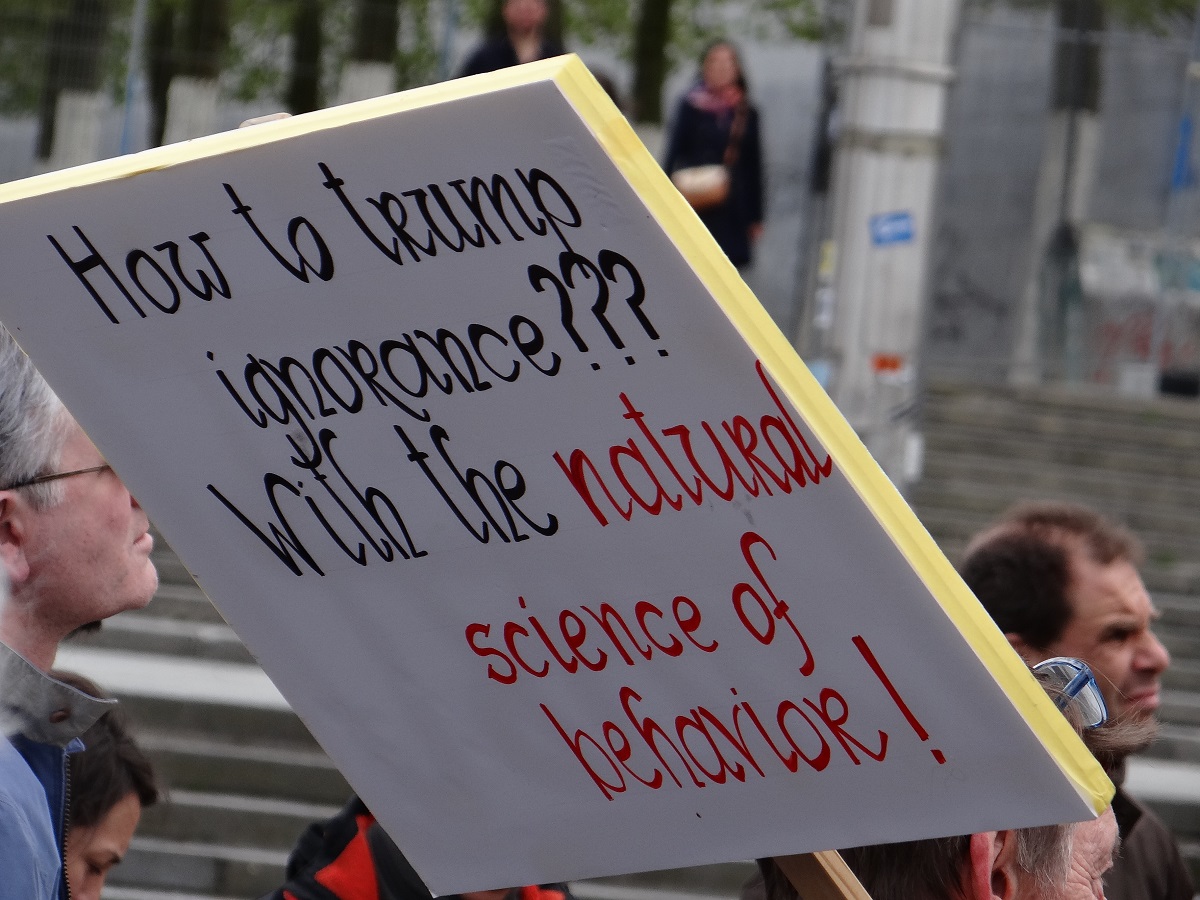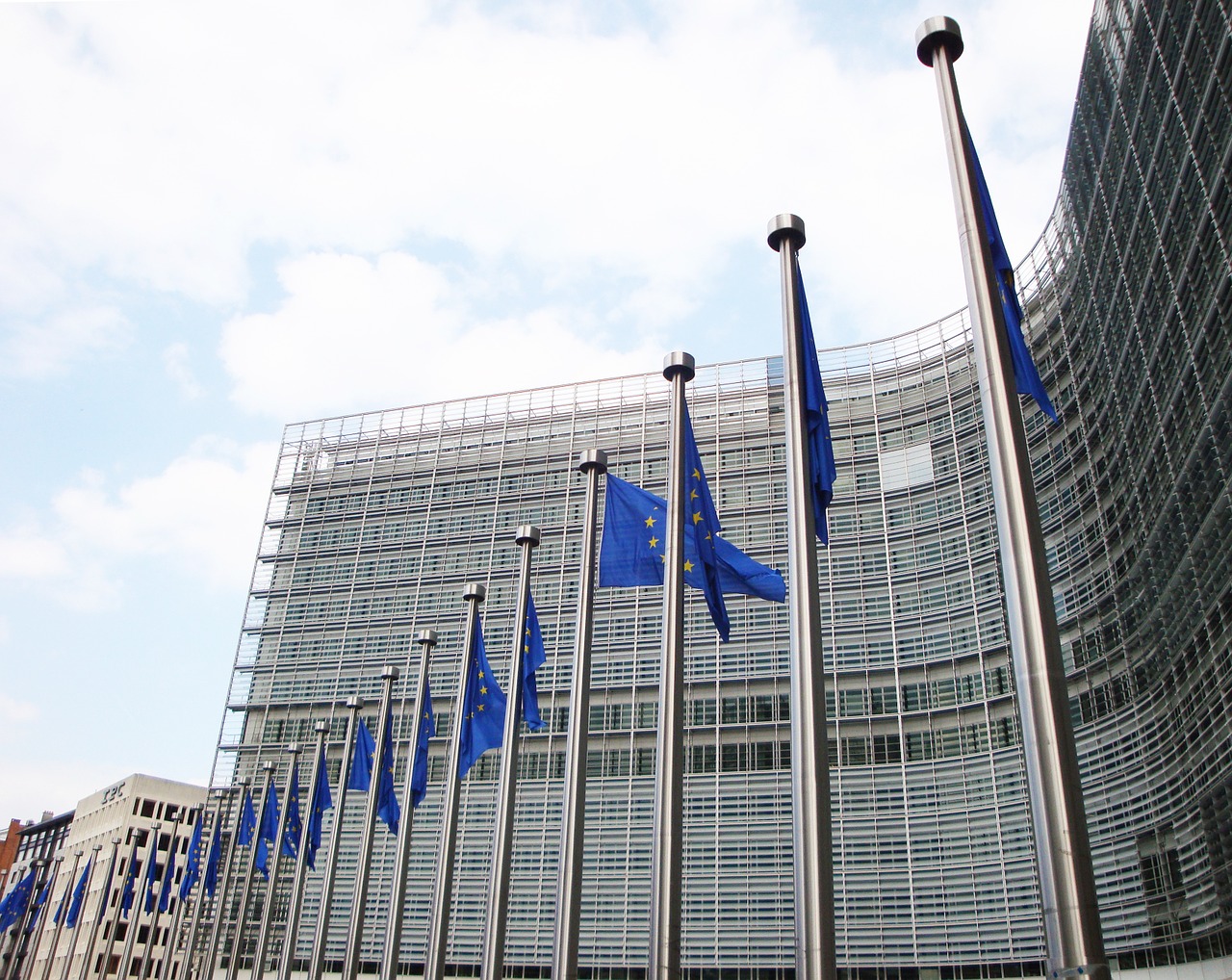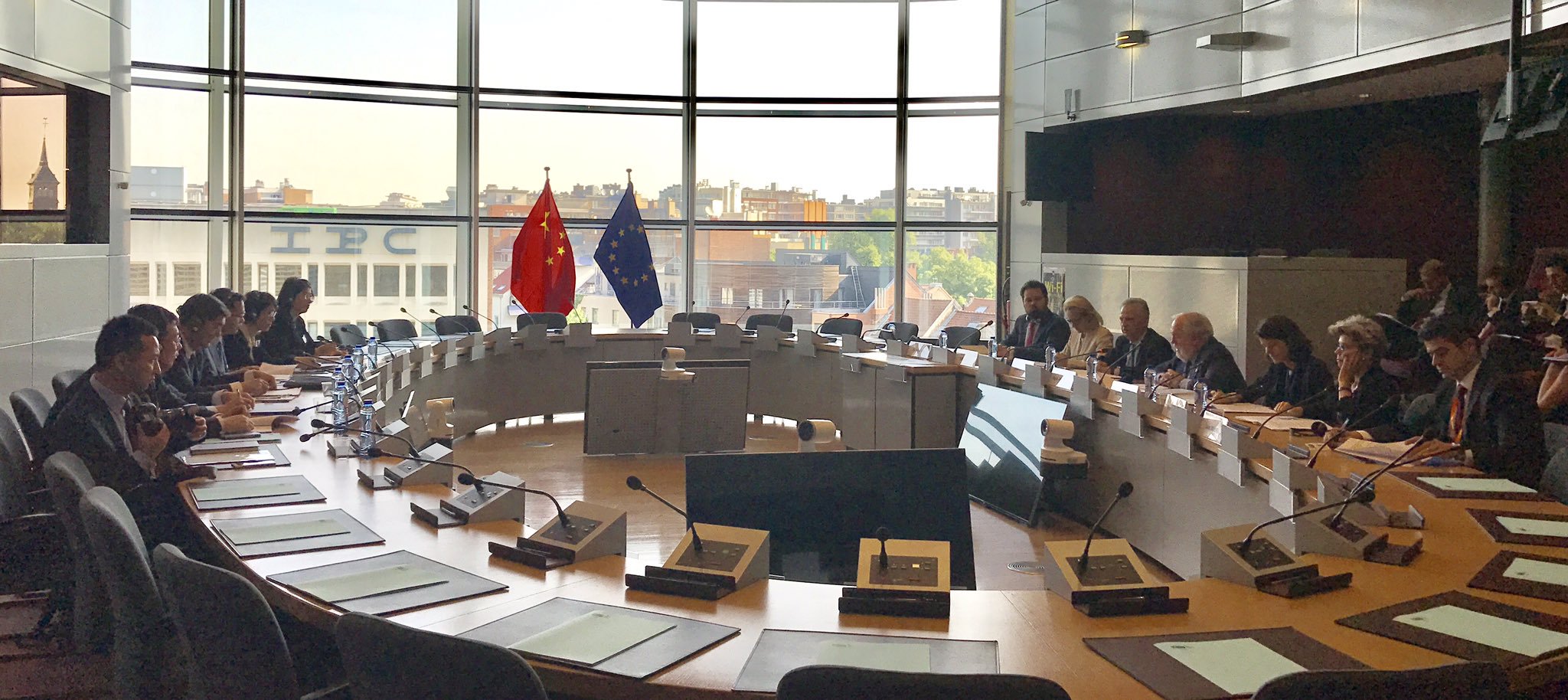POLITHEOR
European Policy Network
Blog 3 Columns
- Home
- Blog 3 Columns

India & RCEP: The end of low cost medications?0
- International Trade, Op-ed
- 31/07/2017
India is the world’s largest provider of affordable medicine to developing countries. Given its ethical and economic implications, should India join a partnership agreement containing a provision as damaging as TRIPS Plus?
READ MORE
The Vienna Agreement: conflicting tales of OPEC compliance0
- Environment and Energy, Op-ed
- 27/07/2017
The first quarter of 2017 proved to be a short-lived success for OPEC’s collaborative efforts to stabilise oil prices. Unless international relations and compliance with the Vienna Agreement are restored, oil prices continue to face a murky and unstable future.
READ MORE
EU’s environmental policy is blatantly incomplete. The consumption side is missing.1
- Environment and Energy, Op-ed
- 20/07/2017
Despite having achieved an unprecedented decrease of Greenhouse Gas (GHG) emissions within its territory, lowering them by 13 percent from 1990 to 2010, the European Union’s carbon footprint has increased by 8 percent during the same period. This paradoxical phenomenon is the result of our increasing demand for goods and services, which is mainly satisfied by importing products from developing countries that typically have more carbon-intensive industries.
READ MORE

Realpolitik still determines EU responses to Rule of Law threats. Here is why.0
- EU Governance and Politics, Op-ed
- 17/07/2017
A decisive action against Poland and Hungary for violating the Rule of Law has been vocally called by many in Brussels and beyond. However, EU Institutions have failed to take effective action against their infants terribles so far. This can be explained by Member States’ reluctance to accept EU intrusion in national constitutional matters and by the Commission’s unwillingness to create tensions with national public opinions.
READ MORE
Changing energy model dynamics one community at a time6
- Environment and Energy, Op-ed
- 15/07/2017
The science of climate change is complex but clear, the earth is warming. The solution however is steeped in cultural, geographical and political aspects and needs to change the way we think about ourselves and our place in the environment and how we categorize the relationship between society, the economy and natural systems.
READ MORE
Have our food waste policies passed their expiry date?0
- Environment and Energy, Op-ed
- 11/07/2017
Food waste is being increasingly recognised as a key environmental, social and economic issue. Despite this, the policy response to this challenge is sorely lacking, whilst existing legislation is hindering organisations trying to recuperate surplus food. It is imperative that policy makers support and facilitate the efforts of those working to combat food waste.
READ MORE

It’s not you, it’s me – what the US withdrawal from Paris means for renewable energy investment0
- Environment and Energy, Op-ed
- 07/07/2017
The announced rebuff of the Paris Climate Agreement by the world’s first economy will have profound impacts on renewable technologies investment. It will restrain investment opportunities, innovation and technology transfers, which are instrumental in meeting the carbon reduction vows of Paris.
READ MORE
Time to scrap the cap – modernizing the EU budget0
- EU Governance and Politics, Op-ed
- 02/07/2017
The current structure of the budget of the European Union is not adequate to deal with the challenges Europe is facing today, which range from unemployment to terrorism and migration management. The expected budget shortfall after Brexit, however, can spur pressures to reform. At a time when the EU project needs to restore trust and legitimacy, I recommend that spending be focused in view of Europe’s greatest concerns, cutting back on current farm funding.
READ MORE
EU and Chinese energy cooperation: Remodelling a new world order?1
- Environment and Energy, Op-ed
- 01/07/2017
Do China and the European Union have what it takes to remodel the global order? At least this is what some energy commentators were asking themselves upon the signing of deeper cooperation on fighting climate change.
READ MORE